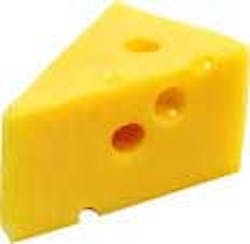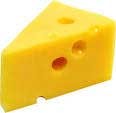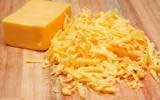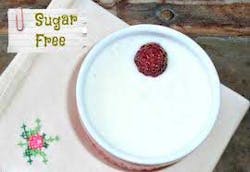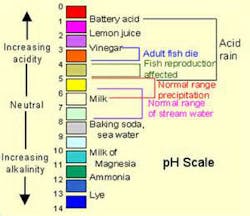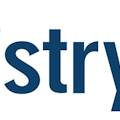The study indicated that the rising pH levels from eating cheese may have occurred due to increased saliva production, which could be caused by the action of chewing. Additionally, various compounds found in cheese may adhere to tooth enamel and help further protect teeth from acid.
This in vivo study assessed plaque pH in subjects following the consumption of different dairy products. The results suggest that cheese has the highest anti-cariogenic property among the dairy products studied, and that milk and yogurt can be considered as non-cariogenic.
The relationship between nutrition and dental health has been a topic of interest for many years, and the cariostatic properties of cheese have been the subject of some research. Most of these studies suggest that the use of cheese as the final food in a meal will help to reduce caries. A 1991 study suggests several mechanisms by which cheese may reduce enamel demineralization have been proposed.(3)
Chewing cheese stimulates saliva flow. The alkaline nature of saliva buffers the acids formed in plaque. There is also an increased rate of sugar clearance due to the diluting action of cheese-stimulated saliva. Research has also suggested that chewing cheese may reduce the levels of cariogenic bacteria. This may be secondary to the reduced incidence of caries as conditions within a carious lesion tend to promote the growth of these organisms.
The high calcium and phosphorus content seems to be another factor in the cariostatic mechanism of cheese. Both casein and whey protein seem to be involved in the reduction of enamel demineralization. Casein phosphopeptides may also be responsible for some anticariogenicity by concentrating calcium and phosphate in plaque.
Another study showed that consumption of cheese-containing cooked meals increases plaque calcium concentration.(4)
Eating cheese as part of a cooked meal (or on its own) may protect against dental caries. A small amount of cheese (15 g) is effective — this will not significantly contribute to fat intake. Recommending the consumption of cheese-containing meals is a positive approach to tooth decay prevention.
This new 2013 study bolsters the results of previous studies.(1)
References
1. Telgi RL, Yadav V, Telgi CR, and Boppana N. In vivo dental plaque pH after consumption of dairy products. General Dentistry, 2013 May; 61(3):56-59.
2. Academy of General Dentistry, Public release. 5-Jun-2013. http://www.agd.org/publications-media/press-room/news-releases.aspx.
3. Herod EL. The effect of cheese on dental caries: a review of the literature. Aust Dent J. 1991 Apr; 36(2):120-5.
4. Moynihan PJ, Ferrier S, and Jenkins GN. The cariostatic potential of cheese: cooked cheese-containing meals increase plaque calcium concentration. Br Dent J 1999; 187: 664–667
